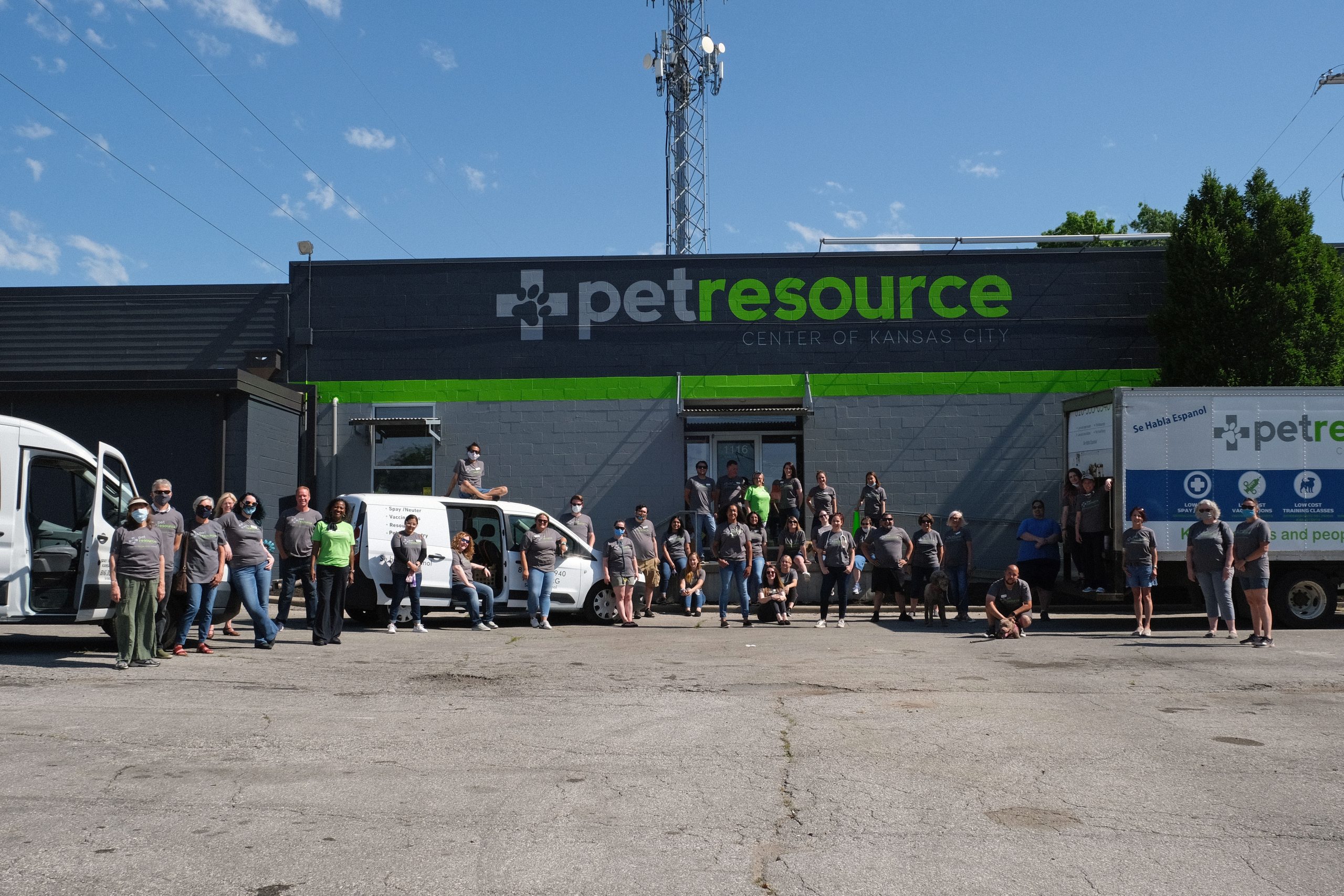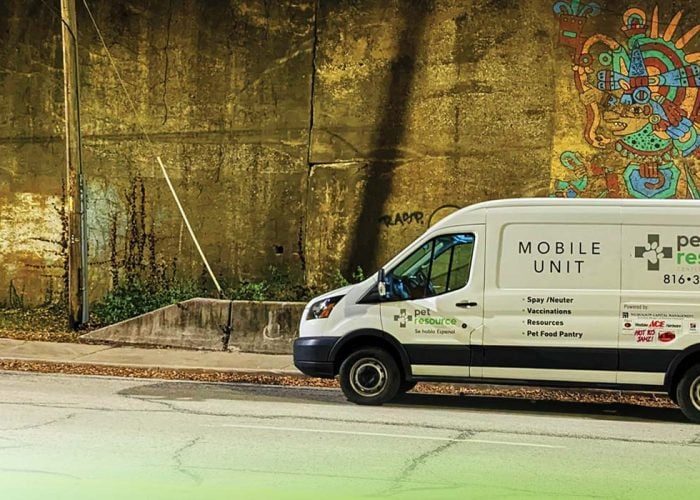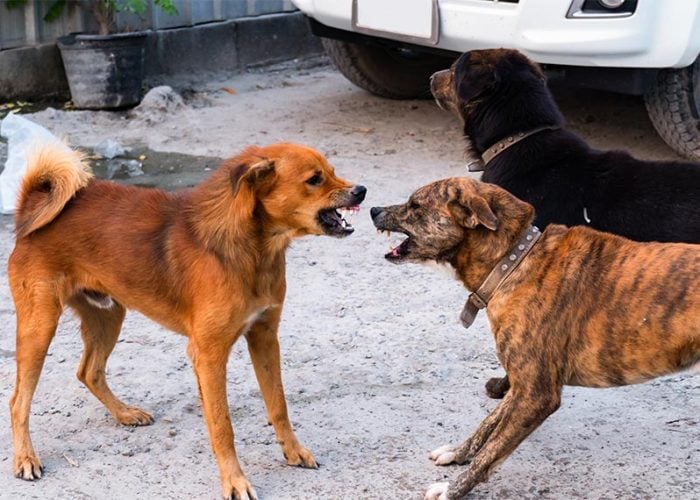Michelle Dormady, our CEO and founder, prefers to stay clear of the spotlight. But any discussion of history regarding this organization requires her reluctant participation. That’s why we got her to sit down and tell us the story of what it took to bring PRCKC into existence.
The year was 2002. We weren’t the Pet Resource Center of Kansas City yet. We weren’t even Spay and Neuter Kansas City yet, not really. We were an idea, an idea that’s grown into helping 25,000 pets a year with affordable services.
But back then, 25,000 was the number of pets in the KC metro that were euthanized for space each year when we first started doing this work.
Every. Single. Year.
That’s 25,000 pets each year that wouldn’t get a forever home. That wouldn’t know the love of a family. Or worse, had the love of a family and had to be relinquished because of a lack of resources.
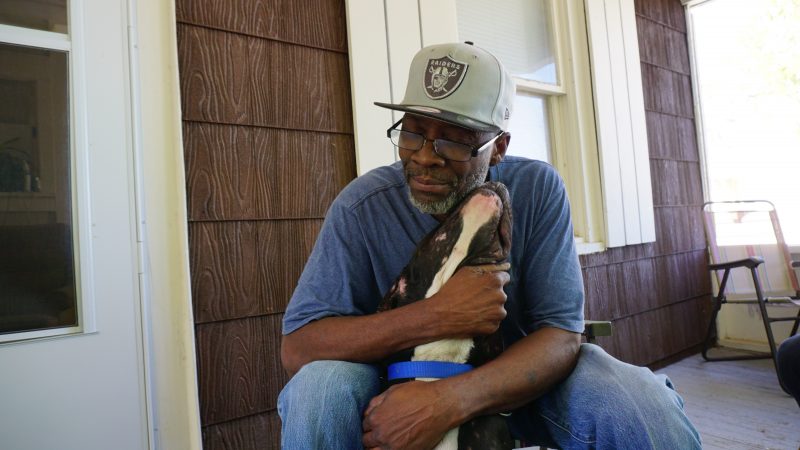
The Beginning
It’s easy to see, then, why our founder, Michelle, took on this mission.
But she didn’t know at first that this would be her calling. She’d always been very entrepreneurial. In second grade she told her teacher she wanted to be a businesswoman and carry a briefcase. Her teacher told her mom to discourage her and choose something more fitting for a woman, like nursing or teaching.
This, of course, only pushed her harder. Challenges were obstacles that could be gotten past with a little elbow grease and ingenuity. It’s a mindset that she carries with her even now, and definitely informed her outlook growing up.
But eventually she faced a challenge that was almost too much: an abusive relationship. It took a while (and a restraining order) to get herself out of that situation, and while in therapy, she was given a suggestion: volunteer at an animal shelter.
There was one problem: she was scared of dogs and allergic to cats.
She was terrified, of course, and hoped that the shelter wouldn’t have openings for her. But they did, and always being up for a challenge, she persevered, and discovered a connection with the dogs, especially the ones that would sit with their backs to the door because they didn’t trust humans, the ones that had been abused.
She started enjoying it so much that she began working there. Seeing these little lives changed and reformed. Seeing pets adopted into forever homes. She loved it.
She rescued a three-day-old puppy covered in maggots that was going to be put down, and named the pup Maggie. It was her very first dog.
“Maggie gave me a purpose to live,” she says. “She’s what made me get up in the morning, and she got me through some difficult nights.”
What she discovered as part of working there was that pets were being euthanized behind the scenes, simply for space. She had no idea. When she did the research she discovered exactly how many pets were being euthanized in the KC metro, and how spay/neuter programs that were popping up on the east and west coasts were making huge inroads into dealing with this pet homelessness problem.
“It was obvious to me that that would be the solution,” she said.
So she set out to make it happen.
Ready to Launch
Michelle wanted to stop the killing, and didn’t understand why they couldn’t or wouldn’t adopt a more progressive plan. It was easy to follow along the expected path; it was more difficult to challenge the status quo and try to make a real difference. So she took her idea elsewhere, along with her business plan that she put together, and made it happen.
She found a veterinarian looking to open a practice and struck a deal: she would use her skills to help him run the business if she could operate her new nonprofit out of the office.
For a while, she ran a veterinary business and the nonprofit, a situation that worked well for a bit but then fell out of balance pretty badly. She needed to devote all her energy to this endeavor if it was going to work.
So she did.
Eventually, with funding procured from the city and some from Bob Barker’s DJ&T foundation, she was situated in a vacant warehouse the city had found for her, rent-free.
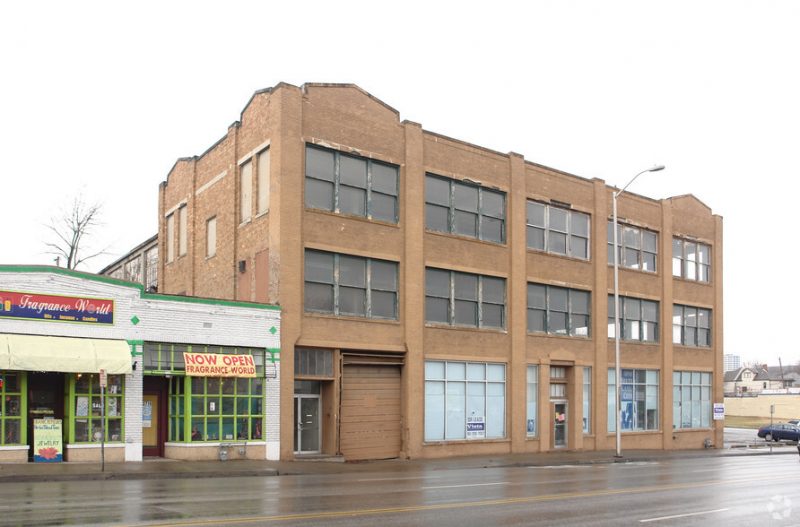
This was our first real home.
Of course, it wasn’t meant to be a permanent place, it was meant to be a place to get things rolling. And that it was. Initially it started with vets from MU coming down and doing 100 – 150 surgeries one day a month. But once we hired on a vet of our own, things really got cooking, with us eventually doing about 5,000 spay/neuter surgeries a year.
It didn’t last, of course.
The owner of the building wanted to renovate and rent out to space to other folks. Having a free space had been great, but now it was time to find a more permanent solution to our placement woes.
The city found us a building (an old MAST ambulance facility) that it was willing to rent out to us for $1 a year, but it needed renovations to the tune of $500,000. You can imagine what kinds of repairs an old maintenance facility needed to become a properly working surgical center.

In the meantime, we operated out of a tow lot down by the old Leeds GM plant. No joke.
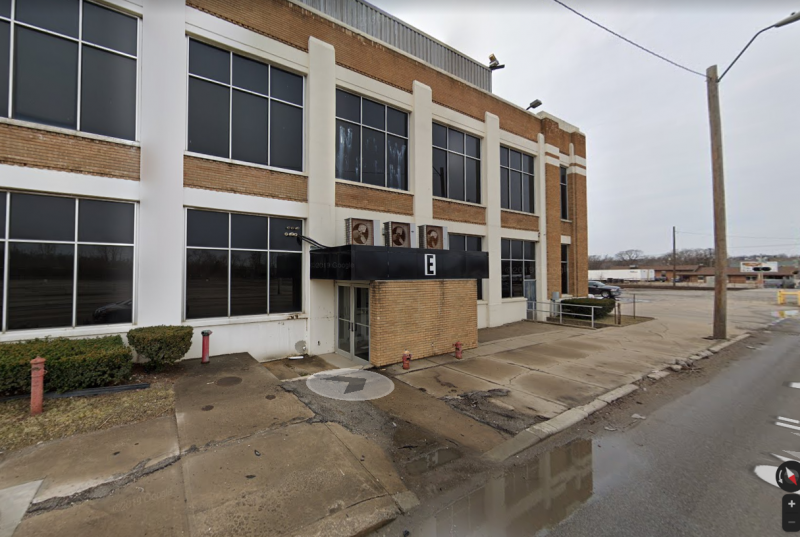
The organization went into overdrive finding us funding for the new building. This would be a place for us to really grow into the organization we were meant to be.
Once we were fully installed in the new building in April 2009, we started adding to our services.
First came an effort to find those folks who had pets that were in danger of being relinquished to shelters, in order to get them fixed. You know, the people who needed us most. These were our first tentative steps into doing outreach services.
Next we added in wellness services like vaccinations to help folks keep their pets up-to-date and protected affordably. After all, what was the point of us doing these spay/neuter surgeries if the pets were going to end up relinquished anyway because they weren’t up-to-date on shots? It didn’t make any sense. We needed to protect every animal and give them their best chance at a long life in a happy home.
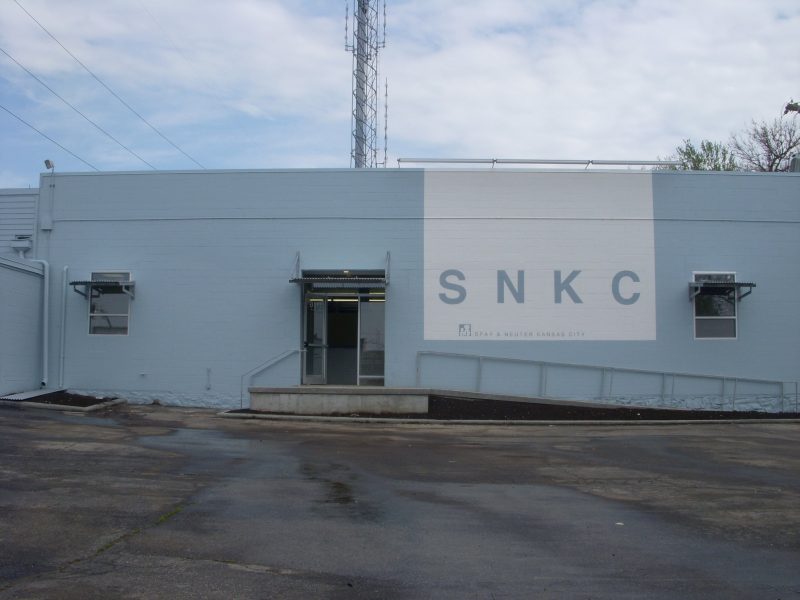
The Two Things
As the story goes, there are two main things that caused us to emphasize a truly nonjudgmental approach to animal welfare.
The first: a nurse called us, saying that a disabled woman she was caring for wasn’t able to have their cats and should have them taken away. Michelle showed up, along with animal control. The woman didn’t understand what was going on, was confused and upset.
“I’m just trying to figure out what’s going on,” Michelle told her. The woman turned and hugged her tightly.
“Please don’t let these people take my cats,” the woman said. “They’re all I have.”
In truth, there was nothing wrong with the cats that a little bit of grooming couldn’t fix. They were well-fed and healthy. We agreed to get them some grooming and animal control was happy with the solution.
“Imagine,” Michelle said to me, “what this woman, disabled and alone, would feel like without her cats. Would she even have made it as far as she had without those companions? They were truly all she had, and she deserved that love and affection.”
The second thing was a situation where we were contacted by the neighbor of a family with two dogs. The dogs were skinny, she said. You could see their ribs. So Michelle and another employee headed out to the house in question.
The woman who answered the door was calm and kind, even after she was told that someone had called us about their dogs. She invited them to have a seat on the porch, and some lemonade.
“Give me a moment and I’ll tell you what’s going on with my dogs,” she said, going back inside.
When she reappeared, she wheeled her husband and then her daughter out onto the porch with her. Both were disabled. The woman had recently lost her job. They barely had anything. Everything they had, she said, was split evenly among the household. Even the dogs. That meant that if all they had for dinner was a box of mac and cheese, everybody got an equal amount.
That was the love they had for these dogs. They all sacrificed so that everyone could get equal shares.
Michelle broke down. What a judgment we’d made, without fully understanding the situation.
We helped them with food and supplies for their pets, and within a few weeks the woman had found a new job and the family managed to stabilize. But it could have been a very different outcome for those pets. Without help they might have been relinquished to a shelter, waiting for someone to find them, to fall in love with them, to decide to take them home, when they truly already had a home. It’s a heartbreaking thing to think about.
It was at that moment that we decided being nonjudgmental was paramount to our cause. Going into a situation with the belief that we know what’s best is a recipe for disaster. We need to listen. We need to understand that there are forces at play here that result in a lack of resources. People struggle to keep their head above water; sometimes they just need a hand.
“We can’t solve the problem of poverty, but we can do our best to provide resources and help, because poverty is what leads to that desperation,” says Michelle.
In other words, if we can’t find the humanity in a situation, we aren’t doing our jobs right.
And Onward
By 2016 we were a no-kill community, in part because of the reduced number of homeless pets in our community that resulted from mass spay/neuter programs and other supportive services.
That gave us lots of room to grow. Which is just what we’ve done.
We’re doing close to 10,000 spay/neuter surgeries a year now. Last year we saw over 13,000 pets for wellness and vaccination services. We distributed over 100,000 pounds of pet food as well, not just to individual families, but to other organizations too. Because we’re part of a community, a community that has grown and changed as we’ve grown and changed. We’re all in this together.
And where do we go from here? We’ve changed our name, from Spay and Neuter Kansas City to Pet Resource Center of Kansas City, to better show where our focus is. And that focus is on being a shelter intervention program, using low-cost spay/neuter, vaccinations, and resources to help pets stay with the families who love them, reducing the number of pets being relinquished to shelters so that shelter space is there for the pets that truly need it.
This is the future of animal welfare: the understanding of pets as part of the family. And families belong together.
“I give credit to every person that’s come through this organization,” Michelle says of the success we’ve achieved. Because it’s true: nobody does it alone. Michelle, as uncomfortable as she is with it, is the center of this story, because it’s the organization she started. But the successes we’ve had, the growth, the impact that we’ve been able to make on the community, that belongs to all of us.
